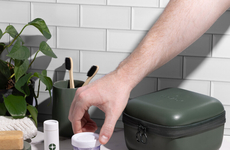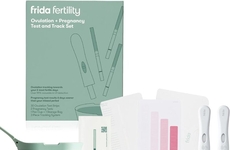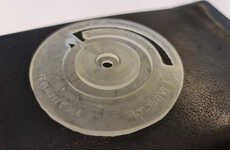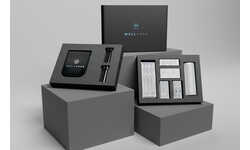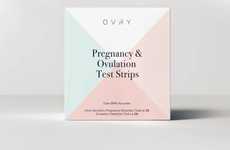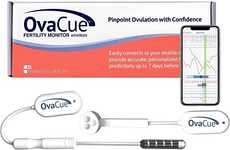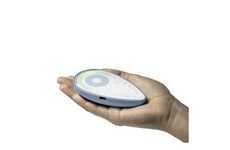
Genosis has finished testing their new at-home fertility device the Fertell and it is now officially available for buying on the public market. Most couples trying to conceive must wait at least a year before asking the medical establishment for help. Thanks to Genosis and the Fertell device, couples trying to conceive have the ability to know their fertility status from the comfort of their own homes before ever consulting a doctor. There is a test available for women that measures the amount of FSH or follicle stimulating hormone circulating in her urine. The results obtained can determine whether or not a woman produces enough of this hormone to ovulate regularly. The test for men provides an accurate sperm count rate with the electronic device pictured above. The sperm must travel into the inner core of the machine and the opening through which they must pass mimicks the environment of the female cervix size and shape for accurate results. The results from both of these tests can be obtained in an hour making it an easy decision to contact your doctor or just keep trying. All this technology isn't cheap though, they are single-use units that will retail in drugstores for $100.
Trend Themes
1. At-home Fertility Testing - Fertell allows couples to test their fertility status from home before seeking medical help.
2. Digital Health Monitoring - Genosis has developed a new electronic device for accurate sperm count and hormone measurement.
3. Convenient Medical Devices - Fertell provides easy-to-use, single-use units for at-home fertility testing.
Industry Implications
1. Healthtech - Genosis' at-home fertility device is a disruptive innovation in digital health monitoring.
2. Pharmaceuticals - The availability of Fertell in drugstores offers a new market for pharmaceutical companies catering to fertility needs.
3. Consumer Electronics - The electronic device in Fertell offers new opportunities for innovation in the consumer electronics industry.
3.1
Score
Popularity
Activity
Freshness


